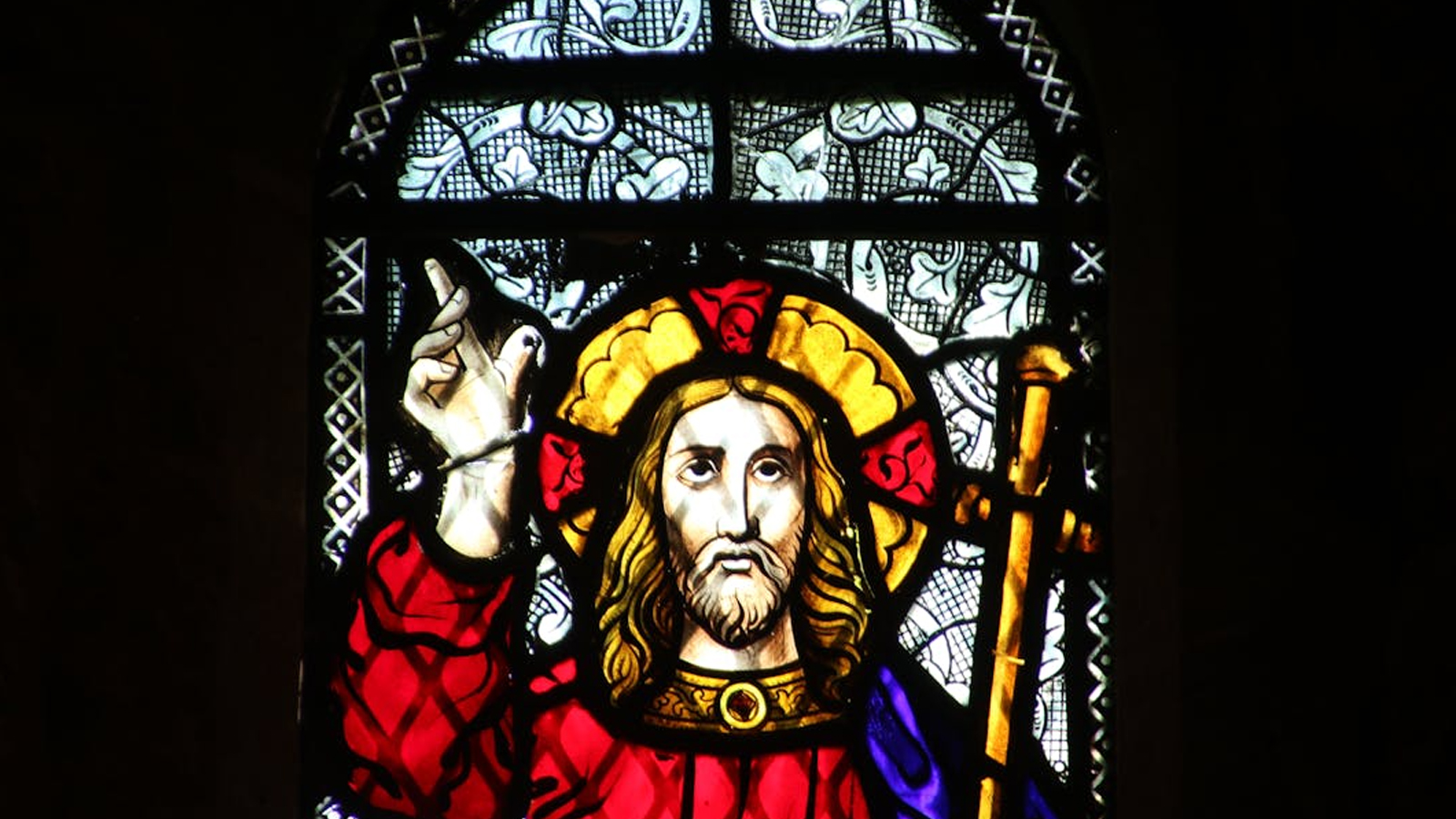Imagine the following scenario: While standing next to a young man on a street corner, you both watch as an elderly woman cautiously attempts to cross the street. She stumbles at one point and falls to the ground, right in the middle of the crosswalk. Before you even have the chance to leap from the curb, the young man next to you runs to the aid of the fallen woman, picking her up gently and carefully escorting her to a bench on the opposite side of the street. This young man then takes the time to tend to the woman’s injuries and even uses his cell phone to call the paramedics. He waits for several minutes and calms the woman as she is waiting for medical treatment. After the paramedics treat her and transport her to the hospital, the young man gathers himself and slowly walks away from the intersection.
As you assess the behavior of this noble young man, it’s hard to consider him as anything other than honorably virtuous. After all, he jumped into action as you simply stood there and watched! What if, however, you knew that the only reason this young man stepped from the curb was because he knew you were standing there watching him. What if he later confessed that he would simply have walked away had you not been watching? Would it change your assessment of his character? I bet it would. This young man was motivated not by a heart that truly loved the fallen woman, but by a desire to impress you. I think most of us would now assess the young man in a different way. It’s one thing to act selflessly even when no one’s looking, but another to act only because you think someone’s watching.
This simple truth highlights the wondrous nature of Christianity. In the historic religious smorgasbord of works-based religious choices, Christianity remains the only grace-based option. While other religious moral systems encourage adherents to behave well because someone is watching and evaluating your merit, Christianity alone removes this driving factor related to salvation. Christianity is, as a result, the one religious system that provides the structure and foundation for truly virtuous moral behavior. Christians have already been assured of their salvation; it’s a free gift of grace. Our “good works” have nothing to do with our justification. When Christians properly appreciate the gift they have been given and the extent to which they have been forgiven, we find ourselves wanting to live in a way that reflects this appreciation. As a result, we jump from the curb to lend a hand; not because we are worried God is watching, but because we simply want to extend to others what has already been extended to us.
Motive matters. When we, as Christians, respond rather than perform, we become the people God wants us to be. Share on XWe Christians sometimes abuse the freedom we have in Christ. We don’t always appreciate the gift we’ve been given or live as though we do. My Mormon friends and family members, for example, often seem to perform far better than the Christians I know (including me). That should shame us as Christians, but it really shouldn’t surprise us. Works-based religious systems require their adherents to perform “good works” in order to be saved. If that was the case for Christians, I bet more of us would work harder and look better to the world around us. But I don’t think it would result in us becoming better people; we would just start to look better. Motive matters. When we, as Christians, respond rather than perform, we become the people God wants us to be.

























Pingback: Our Sense of Moral Obligation Proves Materialism Is False | Cold Case Christianity
Pingback: When the Essential Value of Law Enforcement Is Obvious | Cold Case Christianity
Pingback: Humans Are Exceptional For a Reason | Cold Case Christianity
Pingback: Mormon Beliefs, Salvation and the Nature of Perfection | Cold Case Christianity
Pingback: Is God in Control or Are We in Control? | Cold Case Christianity
Pingback: “Sorry, I’m En-Route To An Emergency” | Cold Case Christianity
Pingback: The Power of “Nice” and the Importance of “Good” | Cold Case Christianity
Pingback: The Power of “Nice” and the Importance of “Good” | TLG Christian News